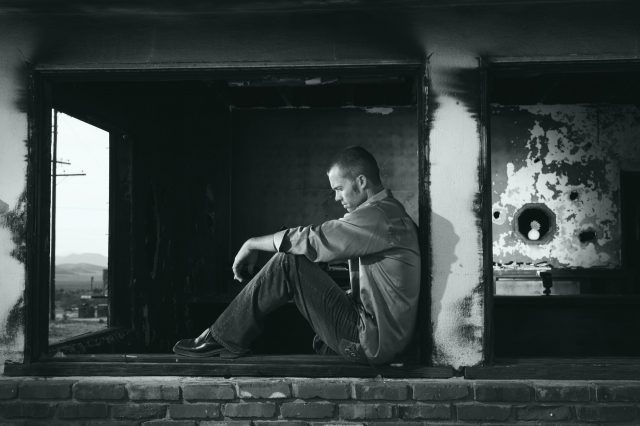

Addiction itself is difficult to deal with. It can be difficult to even admit to yourself and others that you struggle with a substance abuse problem. Addiction is a chronic and potentially relapsing disease that chemically alters the structure of the addicted person’s brain. It takes a life long commitment to overcome and maintain sobriety. Some people believe that addiction is a choice, while that may be true initially, as far as making the choice to use drugs or alcohol for the first time, an addicts brain is different than someone who is not an addict. Drugs and alcohol essentially trick the brain into believing that they need this substance in order to survive, and most will stop at nothing to get their drug of choice. An addict is sick, they have a disease of the brain that affects their ability to stop using drugs or alcohol, despite having negative consequences due to their drug use.
Congratulations, if you are here because you have moved from having an active addiction to actively participating in your sobriety. The first step is admitting that you have a problem and that you are powerless over drugs and alcohol. Why is it then, that it is so difficult to admit that we have a drug addiction to our friends or family? There are many reasons why admitting you have a problem to others may be more difficult than admitting it to yourself, but stigma and guilt are two of the main reasons why you may be having a hard time telling others.

It can be difficult to admit your addiction to others. There should be no shame in asking someone who cares about you for help.
Perhaps the biggest reason of all would be the negative stigma surrounding the disease of addiction. Fear of jail time or other legal consequences is a major factor. For centuries, addiction has plagued many people from all walks of life, regardless of upbringing or social status. All too often, people who suffer from addiction are looked upon as though they lack some sort of moral fortitude or self-control, which is definitely not the case. As we know, addiction is a disease and a chronic sickness that requires treatment to manage, there is no cure, other than abstaining.
Guilt is one of the biggest emotions associated with addiction or drug and alcohol abuse. Perhaps you experienced some trauma as a child and that situation ultimately is what drives you to use, or perhaps you have done some things you aren’t exactly proud of while under the influence. Either way, it is not your fault. If you have completed any sort of addiction treatment program, then it is highly likely you have had the chance to work through some of the emotions that may have triggered your drug use, to begin with. There is nothing to feel guilty about, you are not the same person when in an active addiction, no one is.

Addiction can make you feel isolated. It is always a good idea to ask someone for help.
Maybe you are new to the recovery process, and have not yet gone through any sort of detox or treatment facilities, but are curious as to whether or not you may have a problem. Before you tell your family and friends, it may be wise to determine if you actually have a problem. If you are wondering though, then that most likely indicates that some level of care may be necessary to help with your substance abuse, but here is a list of addiction indicators to keep in mind;

Talking to your family and friends about your personal struggle with drugs is okay. You will be surprised how many will want to help.
If you have already come to the conclusion that you do in fact have a problem and whether its an alcohol addiction or other drug abuse, you do not have to hide the truth from your family or friends. If you do, it will eventually eat you up alive and result in an unwanted relapse because we aren’t being open with the people that are closest to us. There are many benefits to telling the truth, especially when it comes to having a substance use disorder. So, if you are like many other newly recovered addicts who are struggling to tell their family and friends, then here are a few tips to help you break the news.
All we can hope for is that our family in return will accept us with loving arms, and most of them should. If not, that's ok too, you cannot let it derail your sobriety and staying healthy for the long term. Build a strong support network at support groups like Alcoholics Anonymous or Narcotics Anonymous, there are meetings everywhere. If they do not accept you at first, hopefully, in time, with some sobriety under your belt they can begin to trust you again. Good job in making it this far!